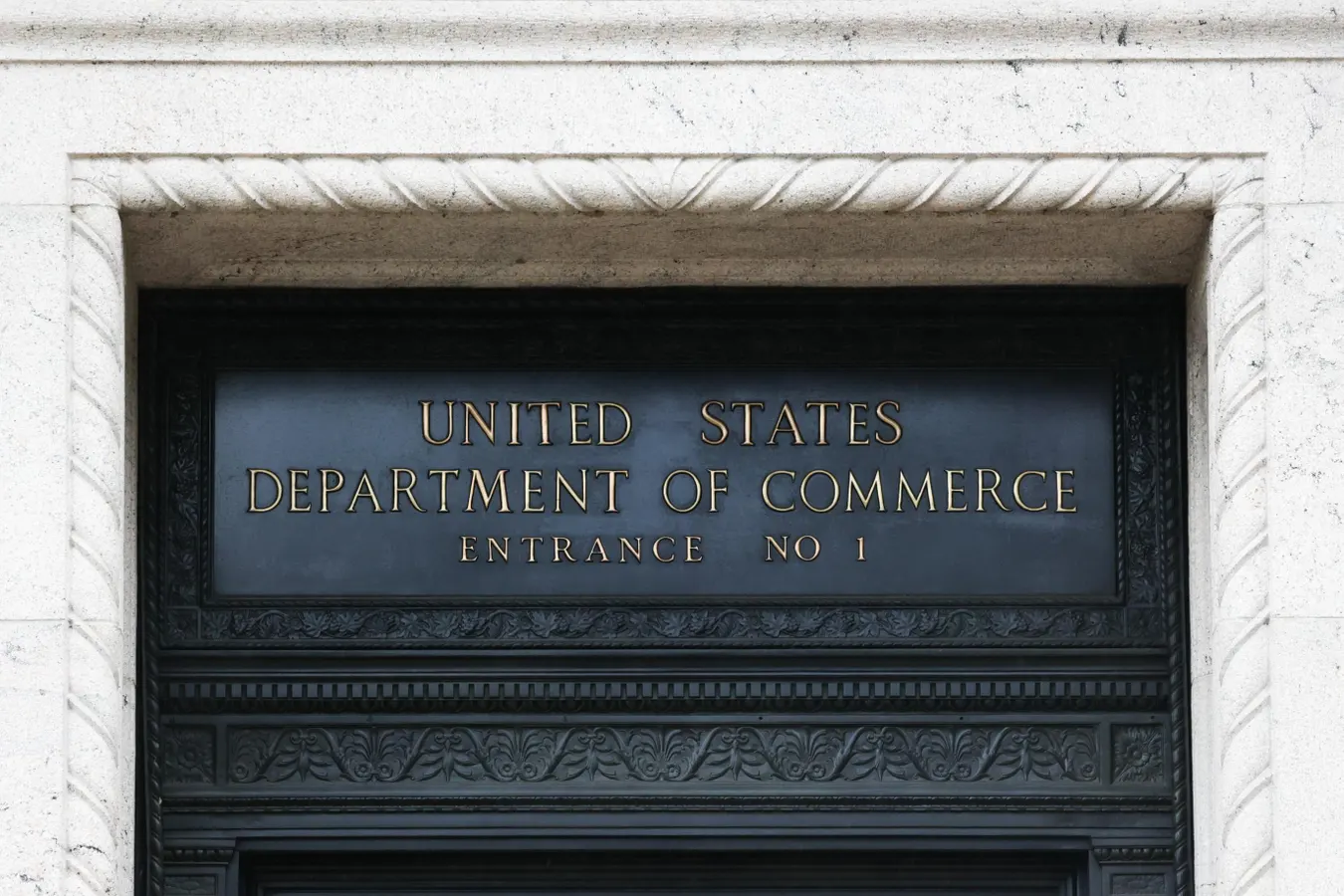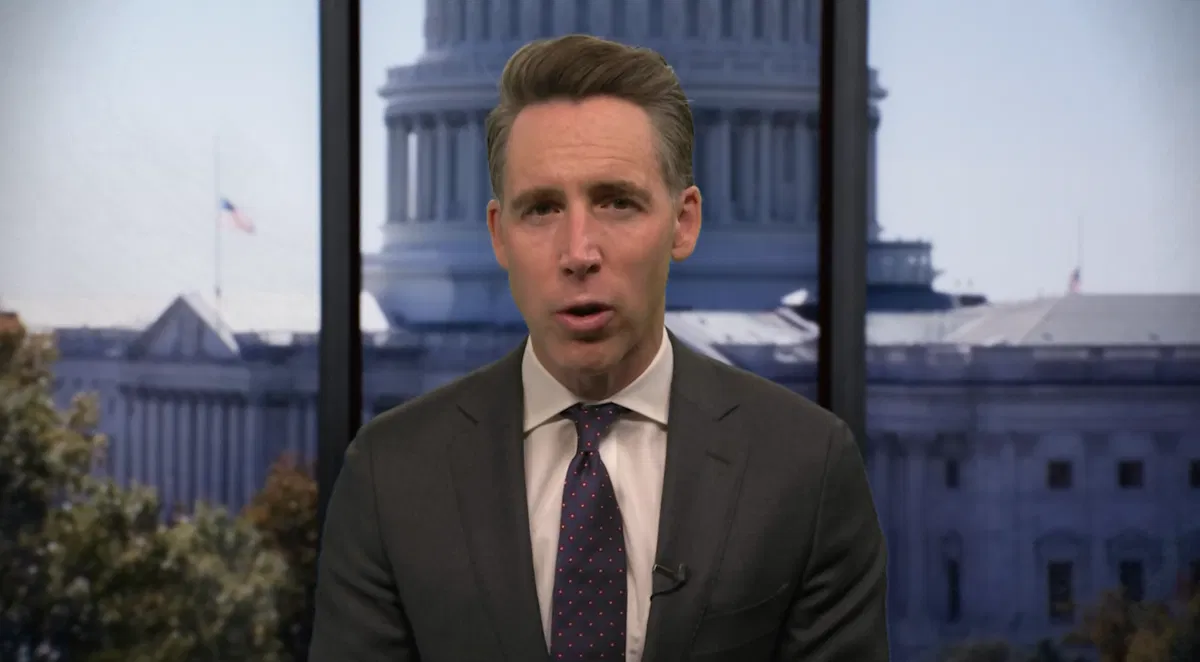Copyright Forbes

Government blockchain services took a big step in late August 2025 when the United States Department of Commerce (DOC), led by Secretary Howard Lutnick, announced bringing American government macroeconomic data onchain, bridging public data infrastructure with blockchain-based solutions. Six data points, like Real GDP, PCE Price Index, and others, were made available across ten blockchains through Chainlink and Pyth data feeds. Besides transparency, accessibility, and public accountability, the availability of onchain government data is an important enabler for real-time prediction markets, automated trading, and financial risk management. Like the U.S., governments and financial institutions worldwide are increasingly adopting blockchain applications to streamline their services for citizens and foreign nationals. In doing so, governments have realized that protecting citizens’ privacy and maintaining sovereign control over sensitive information is intricately linked to national security. Running government operations on privacy-preserving, interoperable infrastructure is crucial for delivering efficient, secure services. Balancing Blockchain Privacy And Transparency Governments are modernizing their service delivery systems by leveraging blockchain to maintain a subtle balance between innovation, sovereignty, and regulatory compliance. By leveraging a blockchain’s inherent capabilities, governments are endeavoring to ensure safer, more transparent delivery of public services without compromising citizens’ privacy. MORE FOR YOU But privacy and transparency are often at odds with each other. If governments want to maintain transparency, they may have to compromise privacy and vice versa. A mix of public-private blockchain infrastructure, customization options, and the deployment of advanced technologies like zero-knowledge proofs (ZKPs) will help resolve the conflicts. While public blockchains are ideal for transparent, accessible public service delivery, private blockchains are suitable for compliant, sensitive financial operations. Governments sometimes require public or private blockchains, independently or in combination, depending on data sensitivity and operational objectives. The privacy requirements of Central Bank Digital Currencies (CBDCs) are not possible to adhere to on public EVM chains. So, a country’s central bank will need a private, permissioned infrastructure to handle financial operations. A private blockchain enables governments to maintain control over CBDC issuance, manage transactions with other central banks, and preserve confidentiality. Whereas a public chain helps create national registries for properties and certifications. Project mBridge, started in 2021, aims to create a multi-CBDC platform with participating central and commercial banks, enabling instantaneous cross-border payment settlements. The project was a collaboration between the Bank for International Settlements (BIS) Innovation Hub, the Bank of Thailand, the Central Bank of the United Arab Emirates, the Digital Currency Institute of the People's Bank of China, and the Hong Kong Monetary Authority, while the Saudi Central Bank joined in 2024. Based on a new permissioned blockchain, the mBridge Ledger, Project mBridge solves inefficiencies like high costs, latencies, and operational complexity to strengthen real-time payments across borders. It has already reached the minimum viable product (MVP) stage in mid-2024. The BIS has now left the project indicating its work is done and the core central bank sponsors can continue to work together without them, and with the observing members spanning across banks in Europe, America, and Australia. The Reserve Bank of Australia (RBA) and the Digital Finance Cooperative Research Centre (DFCRC), a cooperative research partnership between the Australian Government, universities, and the banking industry, have released a report on the findings from the joint research project involving industry that explored potential use cases for a central bank digital currency (CBDC) in Australia. Greg Medcraft, former Australian Securities and Investment Commission (ASIC) chair and former International Organization of Securities Commissions (IOSCO) chair says, “The CDBC pilot uses cases demonstrated the role for government digital money from payments to digital securities settlement. The era of decentralized finance is here - governments must look to embrace blockchain technologies for its benefits to citizens, business, and the greater economy.” Medcraft, a visionary and early supporter of blockchain and tokenization led an open innovation revolution at the OECD while director of the directorate of financial and enterprise affairs from 2017, convening central bankers, regulators, policymakers, and leading industry specialists, to expedite the adoption of blockchain technology. Government Services With Privacy-First Cryptography Zero Knowledge Proofs (ZKPs) verify the authenticity and validity of claims using cryptographic proofs without hindering citizens’ privacy. So, with ZKPs, citizens can prove specific attributes, like age, to avail of pension schemes without necessarily revealing their entire data history. Selective disclosure of information to prove a claim on a public chain without exposing data stored on a private chain bolsters privacy-preserving governmental services. This not only helps with enforcing data minimization but also prevents cross-context tracking and identity misuse. Xin Yan, CEO of Sign, explained how blockchain technology can help governments maintain confidentiality while ensuring transparency. The company recently partnered with the National Bank of Kyrgyzstan to build the country’s CBDC initiative and to modernize its broader financial infrastructure, showcasing how sovereign-grade privacy can coexist with public verifiability. Yan said, “Blockchain ensures data immutability, but that doesn’t mean all data must be uploaded openly on-chain. Only data commitments or encrypted data are recorded on-chain. It’s 2025, we already have mature cryptographic modules, and zero-knowledge proofs are among the most groundbreaking of them.” Says Jon Ollwerther, ceo of Konnex, “Today, ordinary citizens are demanding both transparency and privacy from their governments. Delivering on those expectations requires a new digital infrastructure that enables verification while preserving privacy. Decentralized technologies that use zero-knowledge proofs and trustless smart contracts make that possible. They allow institutions, governments, and private citizens to confirm the validity of data or transactions without revealing sensitive information, creating accountability while protecting privacy and security.” Government Blockchain Initiatives Around The World A flexible legal framework for government applications is key to the adoption and use of any infrastructure that meets citizens’ needs to provide efficient services. Gerard Dache, Executive Director of the Government Blockchain Association (GBA), which launched the Blockchain Maturity Model (BMM) for assessing the trustworthiness of blockchain solutions, explained, “As governments increasingly embrace innovative tech-based solutions, policymakers, developers, public intellectuals, and citizens must come together to establish certain standards for adopting these technologies. Although the standards may vary from one country to another, the baseline usually remains the same. Almost all governments globally are pushing for a standard that promotes interoperability, financial inclusiveness, efficiency, security, and regulatory compliance. But in doing so, governments are not compromising on privacy and transparency.” The Nordic Blockchain Alliance (NBA) leverages blockchain to share product and company data in a safe and cost-efficient way for Nordic Small and Medium Enterprises (SMEs). Funded by Nordic Innovation, NBA, with six business clusters in Sweden, Norway, Finland, and Denmark, demonstrates how blockchains can protect product history, supply chain details, user instructions, environmental impact, and compliance reports. These initiatives align with the European Union’s Digital Product Passport (DDP) project to implement the Ecodesign for Sustainable Products Regulation for enhanced transparency across the product value chain. This creates an interoperable framework where companies use blockchain to identify and mitigate supply chain risks, while consumers can seamlessly access manuals and product disposal guidelines to support a better environment. Estonia started experimenting with blockchain in 2008, calling it “hash-linked time-stamping”. In 2012, the Estonian government was using the technology to protect national data and offer digital services to its citizens across the public and private sectors through e-ID cards. Estonia uses the KSI blockchain by Guardtime, providing blockchain-based services for State Registries across healthcare, property, business, succession, courts, official announcements, and the State Gazette. Besides offering interoperable services across governmental departments and private institutions, blockchains ensure data integrity by preventing misuse. Almost a decade ago, the Republic of Georgia also started using blockchain for a land-titling pilot project through its National Agency of Public Registry (NAPR). A private and permissioned blockchain was anchored to the Bitcoin Network through a distributed digital times-tamping service, where a document’s hash was published on the network for verification. The service helped citizens to prove the legitimacy of their documents without exposing confidential information. Since then, many countries, including Sweden, Honduras, and others, have used blockchain for their land registries. Digital Identity - The Keys To The Kingdom Adopting the latest technologies, like blockchains, leads to substantial economic efficiency and value creation for government enterprises. The automation of routine workflows reduces administrative costs, while cryptographic verification prevents fraud and reduces reliance on expensive audits. Blockchain-based solutions also assist to empower citizens to access financial services that were previously unavailable to the unbanked population. Beyond domestic inclusion, blockchains are critical for cross-border trade settlements, business cooperation, and collaborative ventures without compromising national sovereignty. The technology further facilitates seamless interoperability, enabling public-private partnerships to expand across market barriers and generate new revenue opportunities. Governments must unlock this new economic substrate for a trusted infrastructure, better enabling them to optimize services based on their requirements. This will usher in a new socioeconomic ecosystem where every move of the government and its citizens is provable and transparent without ever compromising anyone’s privacy. A new era of citizen digital identity is upon us better enabling us to access government services on blockchain technologies. Governments must go the extra distance to protect our privacy and to demonstrate to citizens that it nor its agencies will compromise this privacy. The new era of citizen digital identity privacy is being driven by hybrid public and private permissioned blockchain infrastructure using powerful cryptographic tools like ZKPs. The citizen’s tool is the non-custodial wallet on their secure smartphone - everyone should have the right to keep their own data and its usage, private - especially when using government blockchain services.



